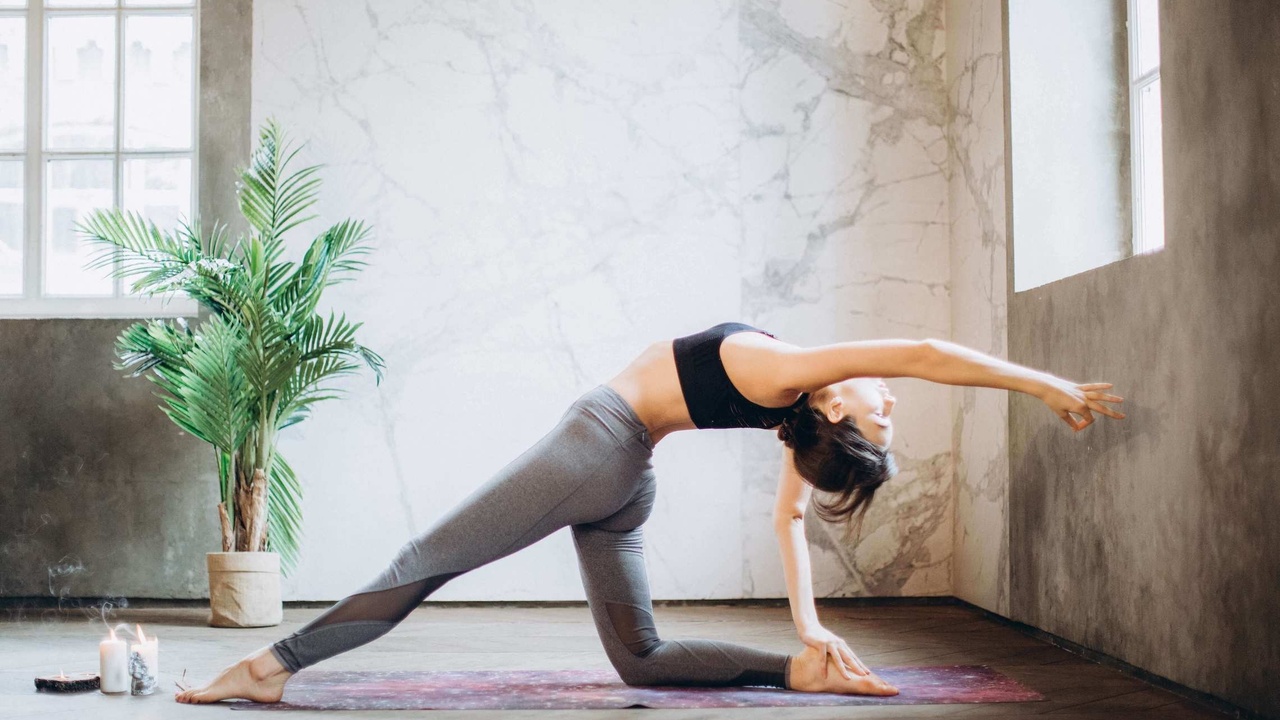
Supporting Your Clients Through Physical Health Concerns
Apr 08, 2022Our physical health and mental health are very closely intertwined. We often advise our clients to look after their bodies as a way to support their emotional health – but we know that poor mental health can have an extremely negative impact on a person’s physical health, and make it harder for them to practice self-care. There’s also the very real impact that illness – whether short-term, long-term or chronic – can have on a person’s state of mind and physical ability.
When someone is going through a difficult time mentally or emotionally, it can feel far more challenging to exercise regularly, maintain a healthy diet, take vitamins every morning, or care for their body with the same rigour of personal hygiene that they might usually practice.
As therapists, we know that mounting these challenges gives our clients their best chance of moving forward and reigniting a healthy relationship between body and mind.
How to Help People Experiencing Physical Health Concerns
In my little therapy box – a resource designed to help people explore their emotions, build resilience, move forward and thrive – the ‘physical health’ card asks the reader to consider what is causing them to feel unhappy or distressed in this area of their life, and whether or not physical health is a long-standing issue, or a concern that has only recently emerged.
These questions are designed to encourage your clients to look deeper within themselves, and to really get to the root of the challenge they’re currently facing. Identifying the problem is a huge first step – as is recognising how long they’ve felt this way.
To explore this further, it’s important to encourage your clients to consider anything that they can do differently: there may be things that are entirely out of their control when it comes to their physical health, but what is actually in their control? What are they capable – with a little support and encouragement – of changing that could have a positive impact on their physical health?
To help create an ‘action plan’ of sorts, asking your client to identify three steps that they can take towards improving their physical health is a really great place to start. You’ll be helping them to feel more in control, whilst creating pragmatic steps for improvement.
The Link Between Physical and Mental Health
Research has shown time and again that people with poor mental health tend to have poorer physical health than the rest of the population. People with severe mental illness are actually likely to die 15-20 years earlier than the general population. They’re also more likely to smoke, drink alcohol, take drugs, exercise little, and have poor diets.
As a mental health professional then, you’re perfectly placed to support your clients through mental and physical health concerns.
Supporting your clients in taking a holistic approach to managing their physical and mental health is always advisable: what people need is psychosocial, psychological and physical interventions to noticeably improve their general wellbeing.
Because signs of physical illness are often dismissed as symptoms of mental illness amongst those experiencing a mental health condition, you might want to encourage your clients to access free health screening services. In fact, the person-centred relationship you hold with your clients can prove extremely beneficial in helping to detect illnesses in the early stages, and prevent premature deaths.
While you may specialise in supporting people with their mental and emotional health, it’s a good idea to expand your knowledge base to cover factors such as sexual health, smoking, substance abuse, and medication. These all have an impact on mental health, and can be more difficult to manage for those experiencing mental distress.
Practical Support for Better Physical Health
If one of your clients is struggling with their physical health in any guise, there are some practical steps that you can take to help support them:
- Listen to their preferences and concerns
- Understand what’s important to them, and what they want to change
- Acknowledge and address their fears, concerns and anxieties
- Discuss their goals and aspirations
- Work together to create a care plan for improving their physical health and wellbeing
- Regularly review progress and priorities
- Ask their consent to involve other healthcare professionals if needed
- Offer continual encouragement to care for their physical health
- Point them towards any local health, social care, voluntary services or resources that could provide further support
Quitting smoking, tackling obesity, exercising more, reducing alcohol intake and substance abuse, improving sexual and reproductive health, effectively managing medication, maintaining dental hygiene and coping with chronic illness may not seem like the province of mental health professionals at first glance, but all of these things impact mental health, and all of these things can be impacted by mental health.
Sometimes, people just need to know that they’re worth it. That they deserve to take care of themselves, and to be well. That having a mental health condition doesn’t have to dictate their physical health. That help is always there, and a happy outcome can be, too.
Access your FREE 'Creative Therapy Training'
My Little Therapy box all started with my passion for helping clients in therapy who struggle to open up and articulate their feelings into words.
In this 30-minute training session, I share the barriers some clients face in therapy and how we as therapists can help them overcome this by using creative ways to help them engage and get the most out of the therapeutic relationship.
This is the same presentation I was invited to deliver at this year’s BACP Annual Online conference.
Get your 'One Week to Better Wellbeing' pdf
Access your FREE downloadable Wellness Workout – a great resource to help improve wellbeing for professional or personal use.
Please note: By signing up to receive your Wellness workout you are also agreeing to receive our regular emails.


